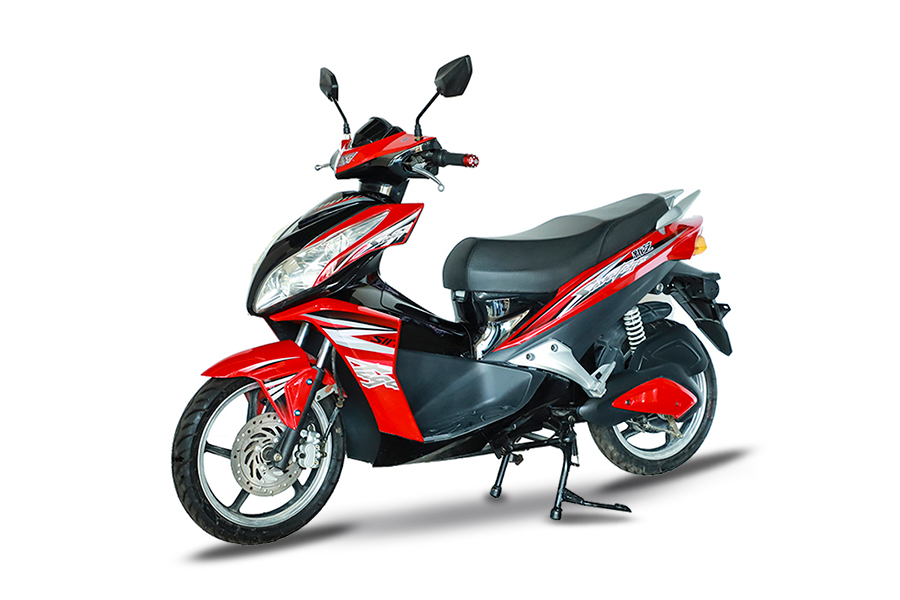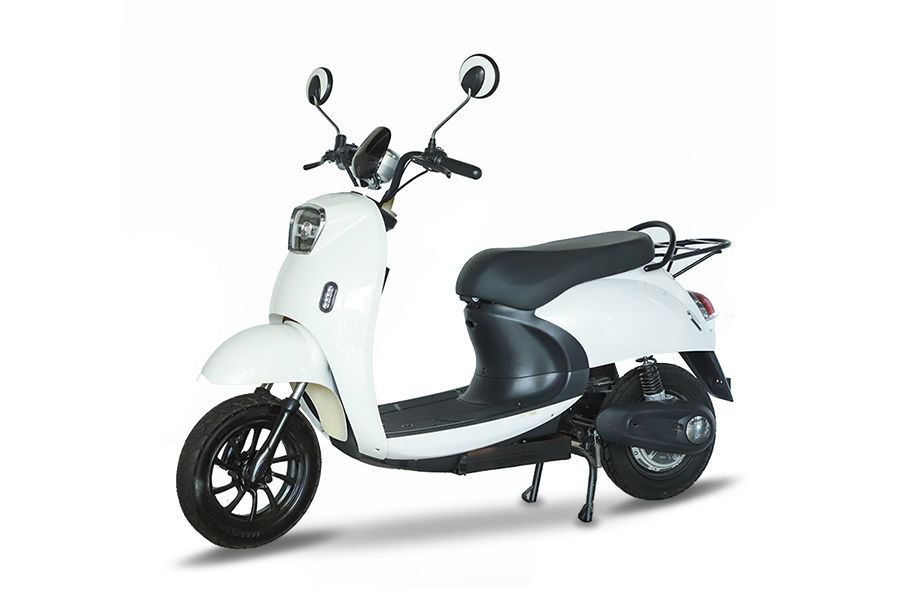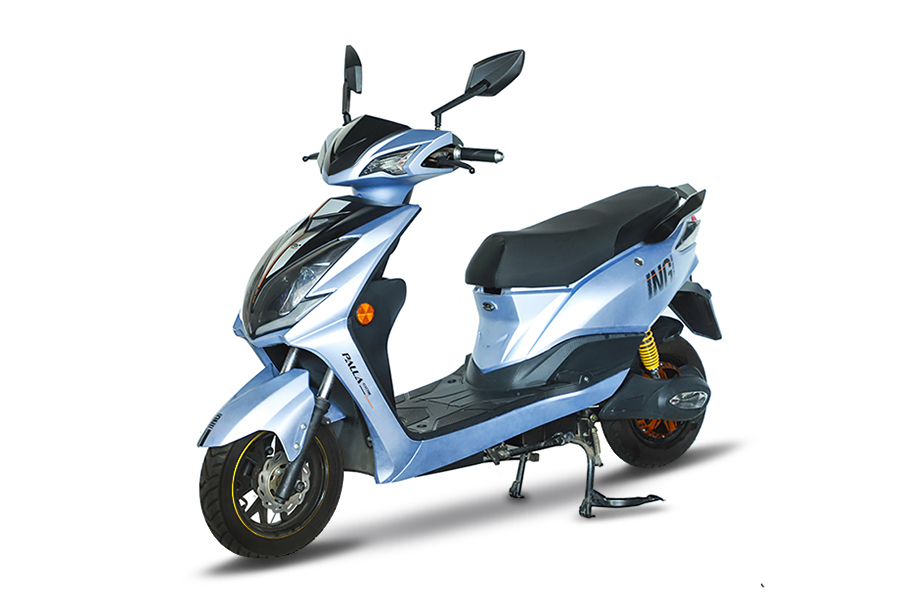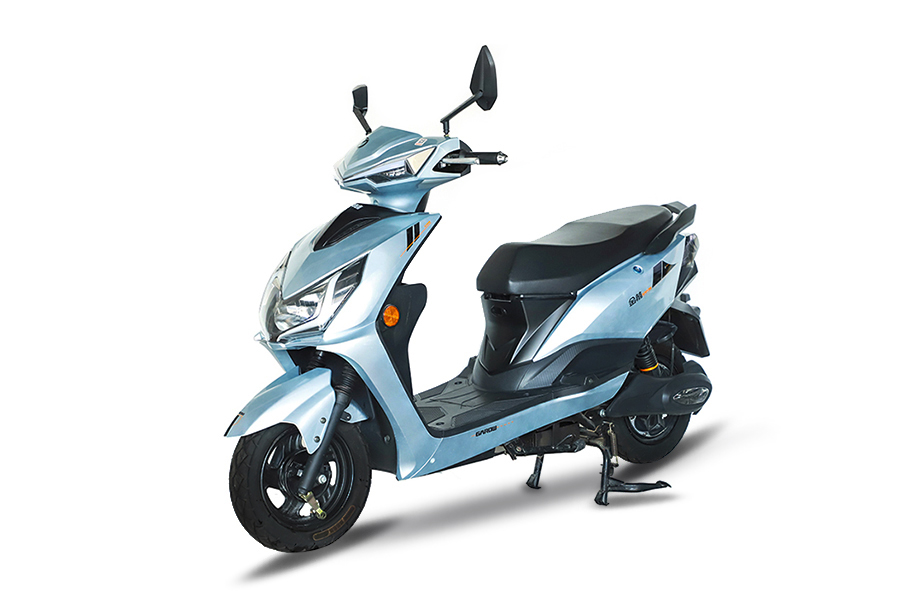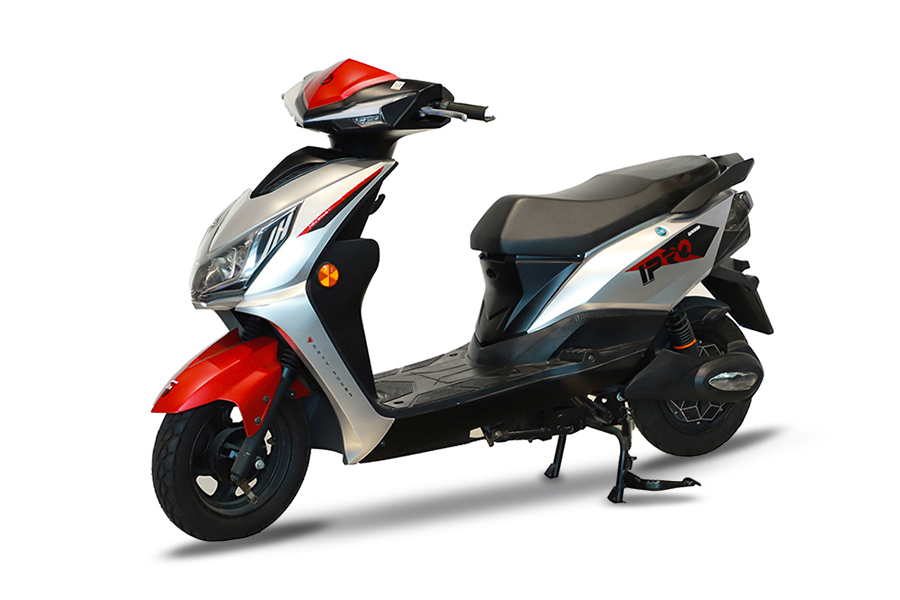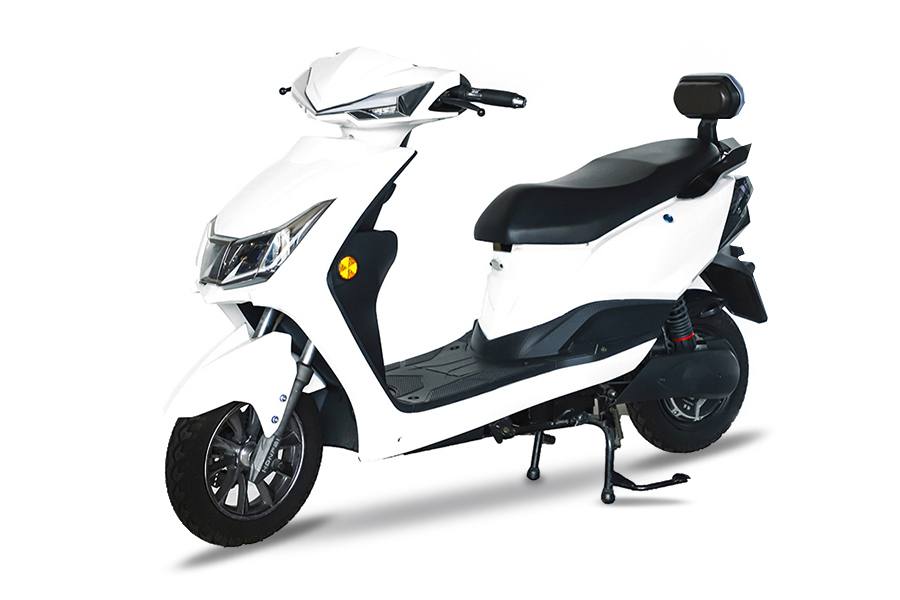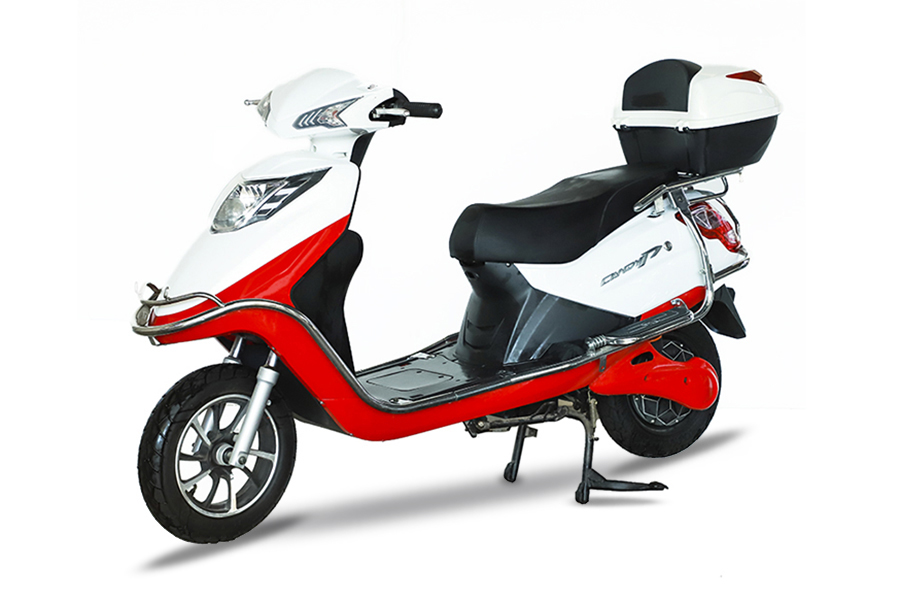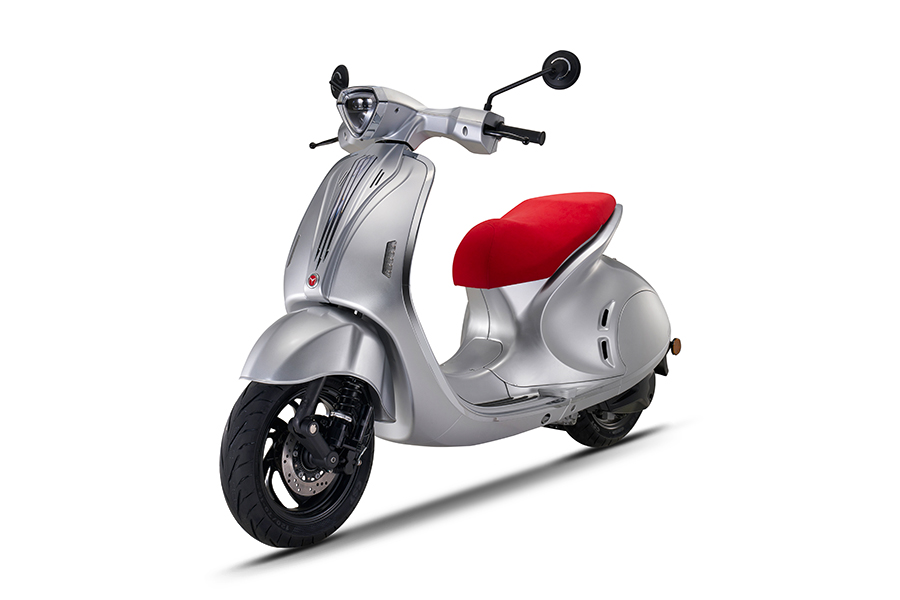In recent years, electric scooters have emerged as one of the exciting developments in urban transportation. With their sleek design, eco-friendly technology, and user-friendly features, these scooters are rapidly changing how people commute and navigate city streets. This article explores the rise of electric scooters, highlighting the latest trends, technological advancements, and the impact they are having on urban mobility.
The popularity of electric scooters has surged in urban areas around the world. What was once a niche mode of transportation has now become a mainstream choice for commuters, students, and city dwellers. This rise can be attributed to several factors that make electric scooters an attractive option for modern urban transportation.
One of the primary reasons for the increased adoption of electric scooters is their environmental benefits. Unlike traditional gasoline-powered vehicles, electric scooters run on clean energy and produce zero emissions. This makes them an choice for environmentally conscious individuals looking to reduce their carbon footprint. As cities aim to meet ambitious climate goals, electric scooters offer a practical solution for reducing urban air pollution and promoting sustainable transportation.
Electric scooters provide a cost-effective alternative to other forms of transportation. With low initial purchase costs and minimal maintenance requirements, electric scooters are more affordable than cars or public transportation over time. Additionally, the cost of charging an electric scooter is significantly lower than fueling a vehicle, which appeals to budget-conscious consumers seeking economical commuting options.
The convenience and efficiency of electric scooters make them an attractive option for urban commuting. These scooters are easy to maneuver through traffic and can be parked in compact spaces, making them ideal for navigating crowded city streets. With average speeds of 15-20 mph and a range of up to 25 miles on a single charge, electric scooters offer a practical solution for short to moderate commutes.
Recent advancements in electric scooters have significantly improved their performance, safety, and user experience. These innovations are helping to address previous limitations and enhance the overall appeal of electric scooters as a mode of transportation.
One of the significant technological advancements in electric scooters is the development of high-capacity lithium-ion batteries. These new batteries offer longer ranges and faster charging times compared to older models. Modern electric scooters can now cover more distance on a single charge and reach full charge in a shorter amount of time, increasing their practicality for daily use.
Safety has always been a concern for electric scooters, and recent developments have focused on addressing this issue. New models come equipped with features such as anti-lock braking systems (ABS), front and rear lights, and enhanced suspension systems. These advancements help improve stability, visibility, and braking performance, making electric scooters safer for riders in various conditions.
The integration of smart technology in electric scooters has brought new features and capabilities to these vehicles. Many new electric scooters are equipped with Bluetooth connectivity, allowing riders to use smartphone apps for functions such as GPS navigation, performance monitoring, and remote locking. These smart features add convenience and security for electric scooter users.
Design innovations in electric scooters have led to more stylish and customizable options for consumers. New models offer a range of designs, colors, and accessories, allowing riders to choose scooters that reflect their personal style. Additionally, manufacturers are exploring ergonomic designs that enhance comfort and usability for a diverse range of riders.
The rise of electric scooters is having a profound impact on urban transportation systems. Their adoption is influencing various aspects of city life and shaping the future of mobility in metropolitan areas.
Electric scooters are helping to alleviate traffic congestion in cities. By providing an alternative to cars for short trips, these scooters reduce the number of vehicles on the road. This reduction in traffic leads to smoother commutes for all road users and contributes to less congestion in busy urban environments.

 English
English Español
Español